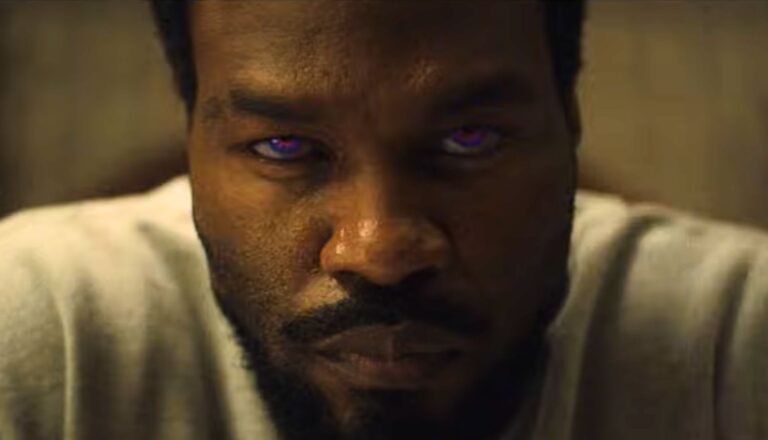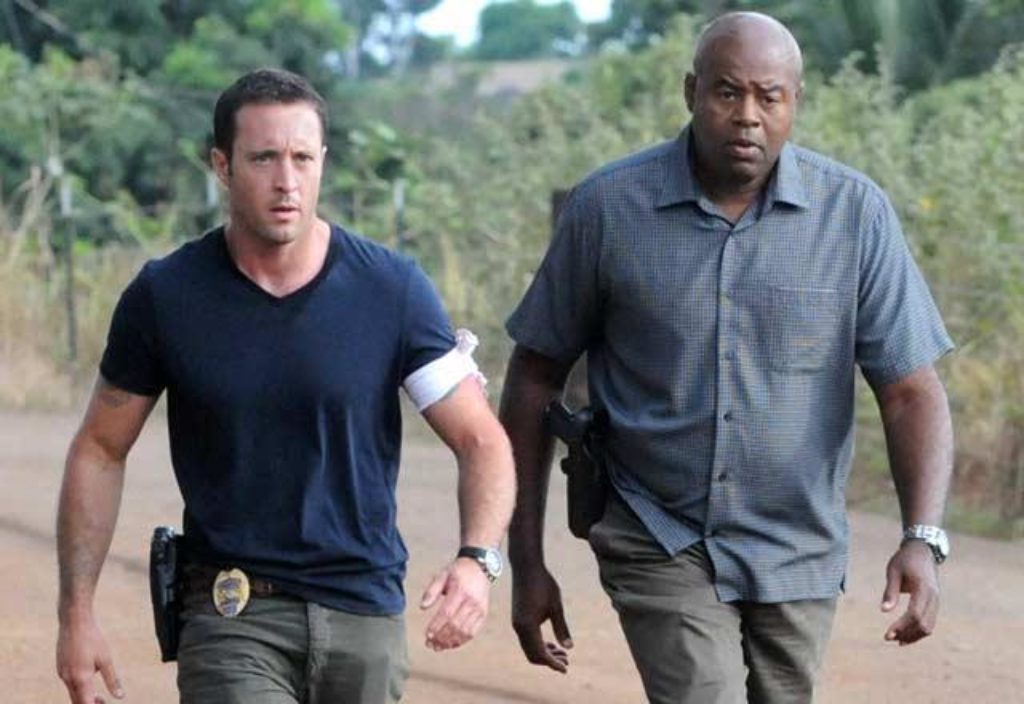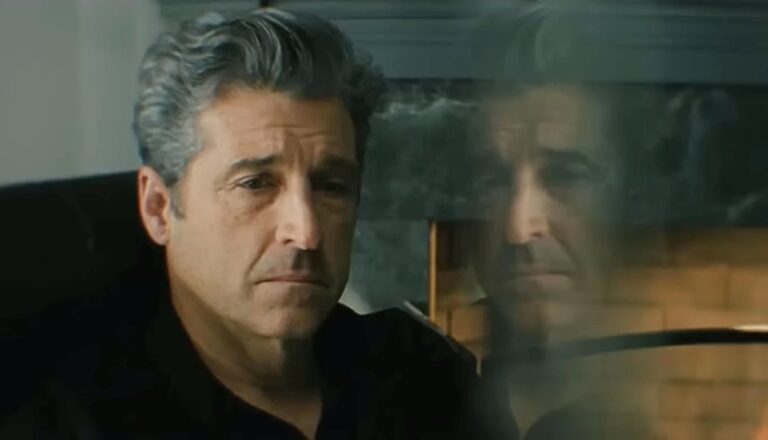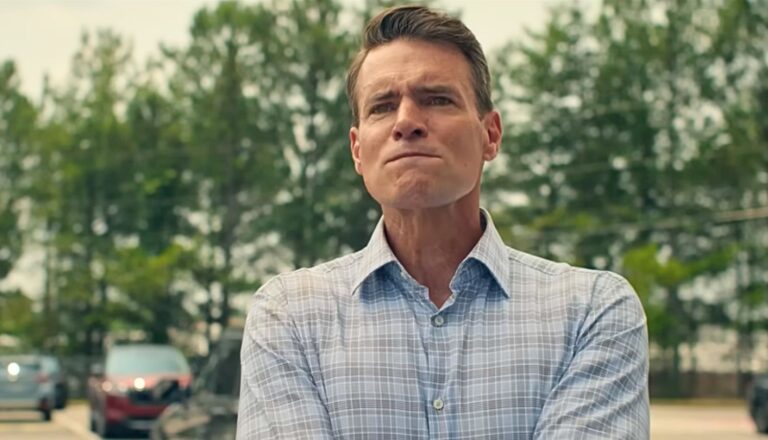
Wonder Man
For a superhero show, ‘Wonder Man’ is surprisingly light on violence, but a bit heavy on swearing, sexual allusions and meta-Hollywood references.

Addressing his peers at a school assembly, a student glumly states, “These teachers, our parents, can’t do anything. They’re useless.” Such disrespect and hopelessness epitomize the climate at Winslow High—the center ring in prime time’s classless academic circus, Boston Public.
What do today’s teenagers really think about? What about their teachers? Draw no conclusions based on this TV series, which merely reflects the misguided musings of television provocateur David E. Kelley (L.A. Law, The Practice, Ally McBeal). While intelligently staged and even sagacious at times, his contemplations usually fall downwind of indecent and coarse. Yet they take the fore every Monday night on Fox’s hottest new drama.
“Even if Kelley’s series are more thoughtful than typical TV fare—no major accomplishment—Boston Public and Ally McBeal are indeed, by broadcast standards, smut,” observes Brent Bozell, syndicated columnist and president of the Parents Television Council. “Boston Public, which deals with the life and times of high school teachers and airs in television’s so-called family hour [at 8:00 p.m. ET], is especially noxious.”
Boston Public is more about David Kelley’s lust for melodramatics than anything else. His flare for over-the-top story lines is best illustrated by a scene in which teacher Harry Senate (Nicky Katt) finds himself unable to control the pupils in his basement classroom. Determined to teach “those hooligans” a lesson in respect, he brings a gun to school. As the shots ring out (thankfully they’re only blanks) and students dive for cover, Harry smiles smugly. Discipline has been restored in “the dungeon.” Realistic, huh? It’s as if Kelley reads a mountain of newspapers, then dumps every sad, sorry and sensational high school headline he can find into the scripted behavior of Winslow High’s faculty and student body.
Case in point, student Cheryl Holt runs a Web site on which she “reports” school events. She also creates animated parodies of her teachers, all of which are vulgar in South Park fashion (they feature racism, defecation, urination and cross-dressing). Principal Steven Harper (Chi McBride) threatens to suspend Cheryl and demands that she remove the images immediately. He warns her not to try to hide behind First Amendment privilege. No, that right is reserved for Fox. The network continues to exploit such provocative moments under the auspices of social commentary. And not just in prime time. Cheryl’s online “artwork” has even appeared in Sunday afternoon promos for the series.
Sexual activity and dialogue—like the streakers featured recently—run wild through the halls of Boston Public. When Harvey Lipshultz (Fyvush Finkel) objects to one girl coming to class sans-brassiere, all the girls revolt by tearing off their bras and hanging them from lockers. Elsewhere, an elderly teacher paddles students, presumably for her own erotic pleasure.
Teacher Lauren Davis (Jessalyn Gilsig) is mortified when she learns that a “posse” of senior boys has created a game in which members try to “score” with freshman girls. She’s even more appalled when she sees a teen couple engaging in oral sex, but hesitates to confront them until learning that the act was not a “loving” one but rather a bribe. In one convoluted encounter, a 14-year-old girl asks Lauren what kind of birth control she should use. The teacher urges her not to have sex at all (so far so good), but when Lauren relives that conversation in the faculty lounge she’s ashamed of her moral stand. “I started preaching abstinence,” she moans. “I’m telling you I could feel the [nun’s] habit growing on my head as the words left my lips.”
Kelley introduced homosexuality in one controversial episode by having some of Winslow’s football players speculate about a teammate’s sexual orientation. “Be proud,” Lipshultz tells the squeamish squad. “Welcome the gay linebacker into your shower!” A conversation between teachers goes further, implying that it’s homophobic for students to resist showering with someone who may be sexually interested in them. Also, after “the gay guy” falls victim to violence, the episode leaves the impression that gays are either embraced or attacked, with little room in between for loving disagreement.
Harassment is typical on Boston Public. Fistfights. Scuffles. Bullying. And presumed homosexuals aren’t the only victims. A beleaguered freshman is hung upside-down from the roof. In a graphic and nauseating scene, one student bites a chunk off of another’s ear before spitting it at a teacher. Shoving matches break out between teens and adults.
“The monster we battle every day is disrespect,” Lauren laments. Quite true, though Kelley makes sure the disrespect flows both ways. One teacher mutters that the girls in school are all “communist sluts.” Another tells a student she’s a “pi–y little witch.” Even the principal loses his temper and repeatedly slams a student against a bank of lockers.
Undoubtedly David Kelley wants Boston Public to provoke people—in every sense of the word. In the process, he raises significant social and moral issues about what’s going on in public schools. To his credit, he lauds teachers and holds their difficult profession in the highest regard (even though most of his characters are unworthy role models). Yet in the same breath, Kelley brazenly insults teens by reinforcing negative stereotypes implying that kids are depraved, desperate, suicidal, sex-crazed and lazy. Those are the students who grab most of the screen time. A “good” kid was finally introduced weeks into the series, but quickly wigged out, attacked another student and killed himself.
Not fair, Mr. Kelley.
This is cynical, exploitative sensationalism. High school students have a lot more going for them than Boston Public’s brash caricatures suggest. Meanwhile, this top-rated series among teens lowers the bar for adolescents taking mental notes about their expectations and standards for high school life.
Episodes Reviewed: Fall 2000
(Editor’s Note: Plugged In is rarely able to watch every episode of a given series for review. As such, there’s always a chance that you might see a problem that we didn’t. If you notice content that you feel should be included in our review, send us an email at letters@pluggedin.com, or contact us via Facebook or Instagram, and be sure to let us know the episode number, title and season so that we can check it out.)

For a superhero show, ‘Wonder Man’ is surprisingly light on violence, but a bit heavy on swearing, sexual allusions and meta-Hollywood references.

The content issues in ‘Memory of a Killer’ aren’t forgettable, but they’re tamer than most other shows in the “double life” genre.

All in all, Netflix’s ‘Finding Her Edge’ could use a bit more sharpening to hone its own edge.

Two families try to recover from a critical loss in the Wonder Project’s faith-tinged ‘It’s Not Like That.’ But the show has more content than you’d expect.